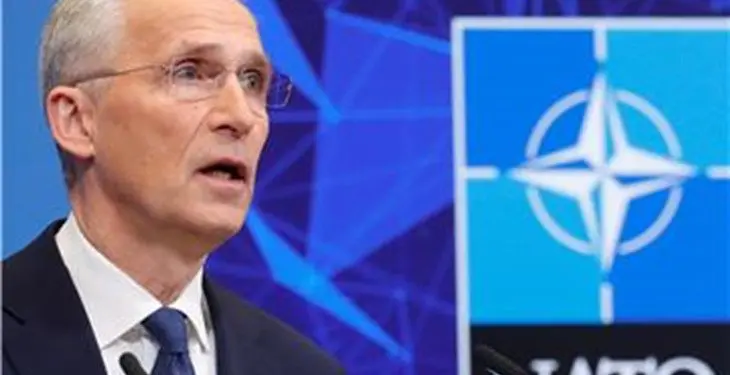“Wars are by nature unpredictable. […] I will not speculate about how long the war will last. I will only say two things, and one is that we are ready to support Ukraine for as long as it takes. We cannot allow President Putin to win. That would be a disaster, a tragedy for Ukrainians, but it would also make us, NATO Allies, more vulnerable. Because then the lesson learned from Ukraine for President Putin is that he can achieve his goals by using military force. And that will be a lesson learned not only for him, but also for other authoritarian leaders around the world,” Stoltenberg said.
“What we have seen over the last weeks and months is actually that the Ukrainians have made significant gains. They have been able to, first of all, push back the Russian invading forces from the north, from the territory around Kyiv and then stop or halt the Russian offensive in Donbas, and actually then push back the forces, liberate territory in Kharkiv and in Donbas, and also now in the south. And this is, of course, a great example of the bravery, the courage of the Ukrainian Armed Forces, and we pay great respect to them, the people of Ukraine, the political leadership on Ukraine and their armed forces,” he said, adding that the support from NATO allies and partners have been also vital for the progress.
Stoltenberg also said that the second message is that most wars end at the negotiating table. At the same time, it is obvious that what Ukraine can achieve at the negotiating table is totally dependent on the strength on the battlefield. Therefore, NATO should strengthen their hand on the negotiating table by providing military support, and that’s exactly what NATO Allies are doing.
“[We have] to maximize the likelihood for an outcome which is acceptable for Ukraine and to minimize the time before we get there. Because the stronger Ukraine is on the battlefield, the more likely it is that we’ll have a political solution that ensures that Ukraine prevails as a sovereign independent nation in Europe,” he said.
He noted that President Putin is failing on the battlefield and is responding with more indiscriminate attacks on Ukrainian cities, against civilians and critical infrastructure, and with dangerous nuclear rhetoric. Stoltenberg called the absurdity of Russia’s attempts to accuse Ukraine of allegedly preparing to use a radiological “dirty bomb” on its own territory and emphasized that Allies strongly reject this blatantly false accusation.
“NATO will not be intimidated or deterred from supporting Ukraine’s right to self-defense. For as long as it takes. Every week, Ukraine’s forces are getting stronger and better equipped,” Stoltenberg said.

